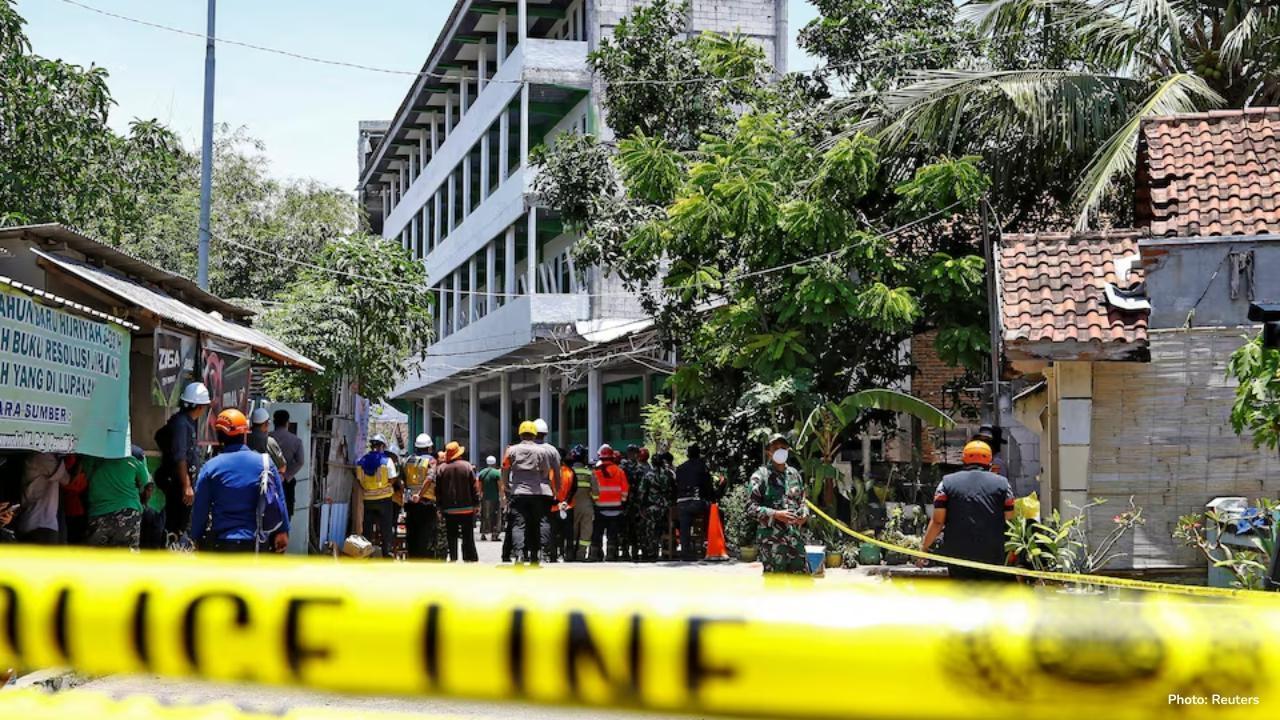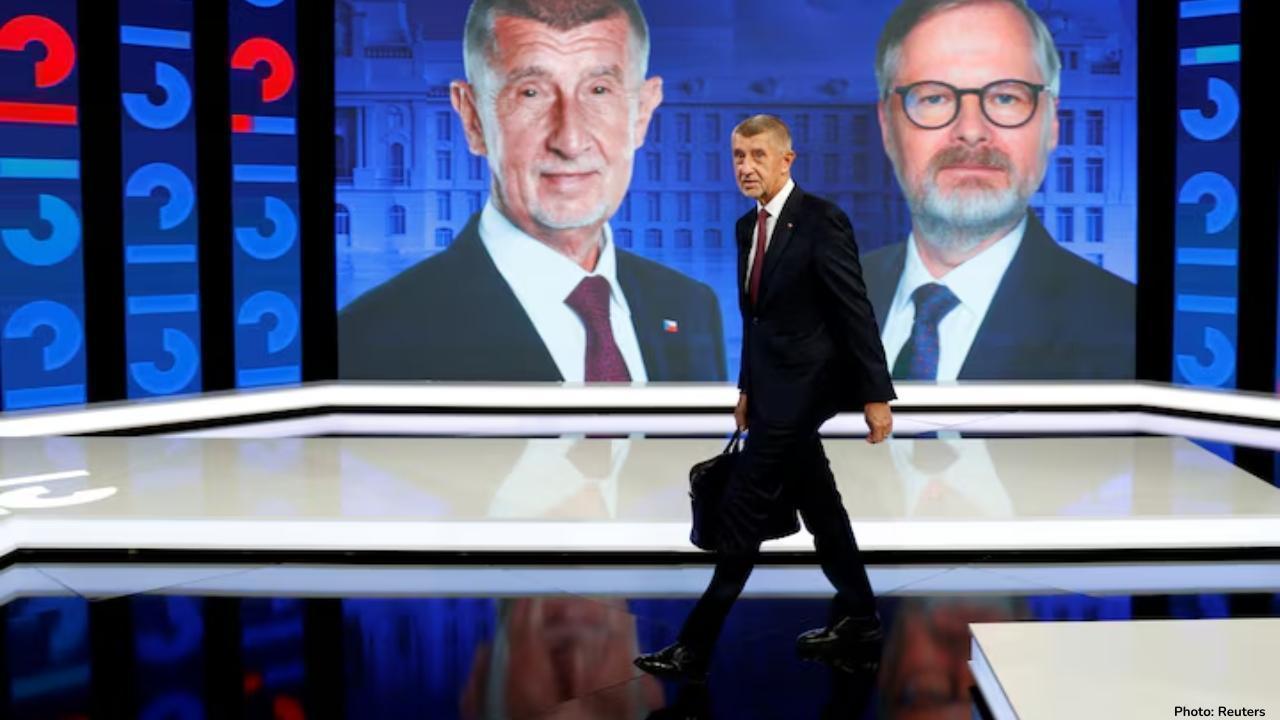
Post by : Saif Ali Khan
The United Kingdom is taking strong steps to protect its satellites as space threats from other countries continue to grow. The government announced on Friday that it will invest around £500,000 ($672,750) in new sensors designed to stop lasers and other attacks that could blind or interfere with satellites. This project is led by UK Space Command and the UK Space Agency.
A security review commissioned by the UK government earlier this year highlighted the urgent need to strengthen the country’s military space systems. As other nations improve their ability to attack in space, Britain needs to make sure its satellites—used for communication, surveillance, and navigation—are safe. Satellites are essential for modern military operations because they help troops, ships, and weapons communicate and operate effectively. Without secure space systems, Western militaries “cannot effectively understand, move, communicate, and fight,” said General Paul Tedman, head of UK Space Command, during a visit to the RAF Fylingdales radar station.
The RAF Fylingdales station, located in North Yorkshire, provides continuous ballistic missile early warning and space surveillance services to both the UK and the United States. During his visit, General Tedman stressed that protecting space assets is vital because satellites are now a key part of military and national security infrastructure.
The UK Strategic Defence Review also recommends that Britain should invest in its own space attack capabilities, intelligence and navigation networks, and satellite communications. The goal is to ensure that British forces are not vulnerable to attacks in space that could disrupt military operations on land, at sea, or in the air.
European countries are also increasing their focus on space security. Last week, Germany’s Defence Minister warned of growing threats from Russia and announced that Germany will spend 35 billion euros ($41.09 billion) over the next five years to improve its space security. Meanwhile, France is leading a 1.5-billion euro investment in Eutelsat, a satellite communications provider competing with Elon Musk’s Starlink.
Space has become a critical area for national security, and military leaders are warning that adversaries could disrupt operations by targeting satellites. The UK is taking steps to prevent this by developing sensors that can detect and counteract attacks, including lasers that could blind satellites or disrupt communications.
The UK government’s investment may seem small compared to global military spending, but it marks a significant move toward preparing the country for future space threats. By strengthening its satellite defence, Britain aims to maintain secure communications, navigation, and intelligence capabilities in an increasingly dangerous space environment.
Disclaimer:
This article is for informational purposes only and reflects public reports and government statements.
#trending #latest #UKSpace #SatelliteDefense #SpaceSecurity #MilitaryTechnology #UKGovernment #Gccnews24 #GlobalSecurity #RAF










AI Startup Valuations Spark Concerns of Market Bubble Amid Funding Surge
AI startups are attracting record investments, but experts warn that inflated valuations may signal

Ambulances Line Up as Indonesia Searches for Students After School Collapse
A school in East Java collapsed during afternoon prayers. Dozens of students are trapped, and rescue

Typhoon Bualoi Kills 51 in Vietnam; Banks Asked to Aid Affected Firms
Typhoon Bualoi caused heavy damage and killed 51 people in Vietnam. The central bank has urged banks

South Korea's President Urges North Korea to Resume Family Reunions
South Korean President Lee Jae Myung calls on North Korea to restart family reunions for those separ

Finnish Court Rules It Can't Prosecute Crew Over Baltic Sea Cable Damage
A Finnish court has decided it doesn't have the authority to prosecute the crew of the Eagle S oil t

Czech Republic Votes: Billionaire Babiš Promises Higher Wages, Less Support for Ukraine
In the Czech Republic's upcoming elections, billionaire Andrej Babiš's party leads with promises of